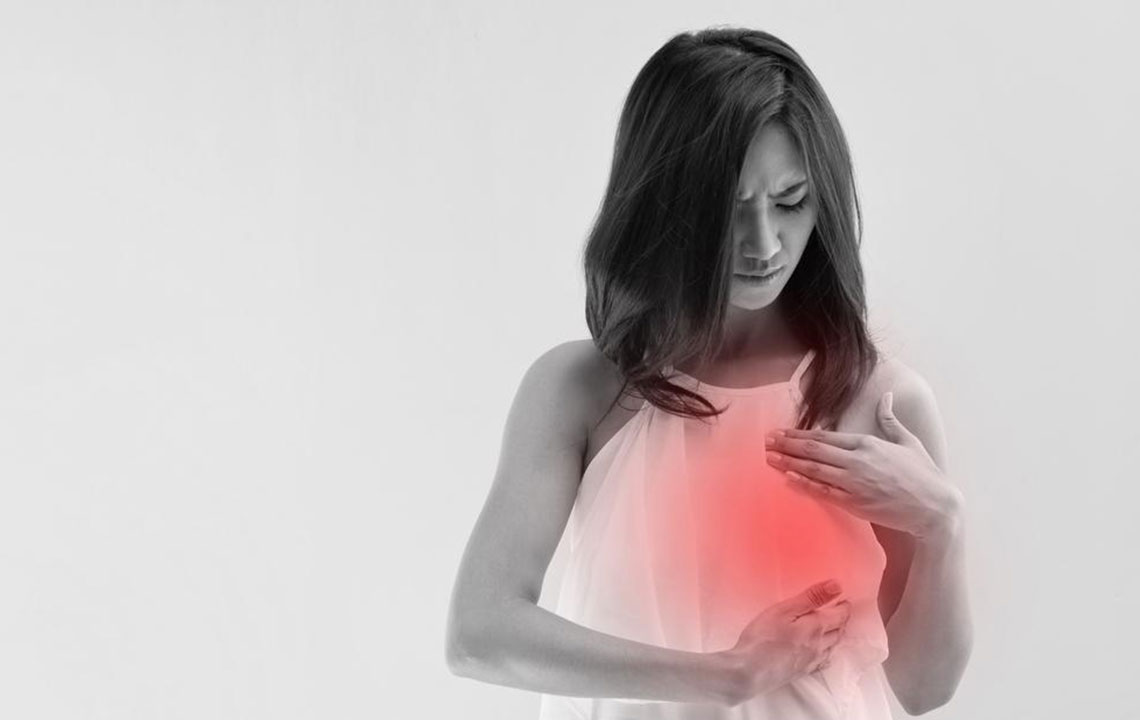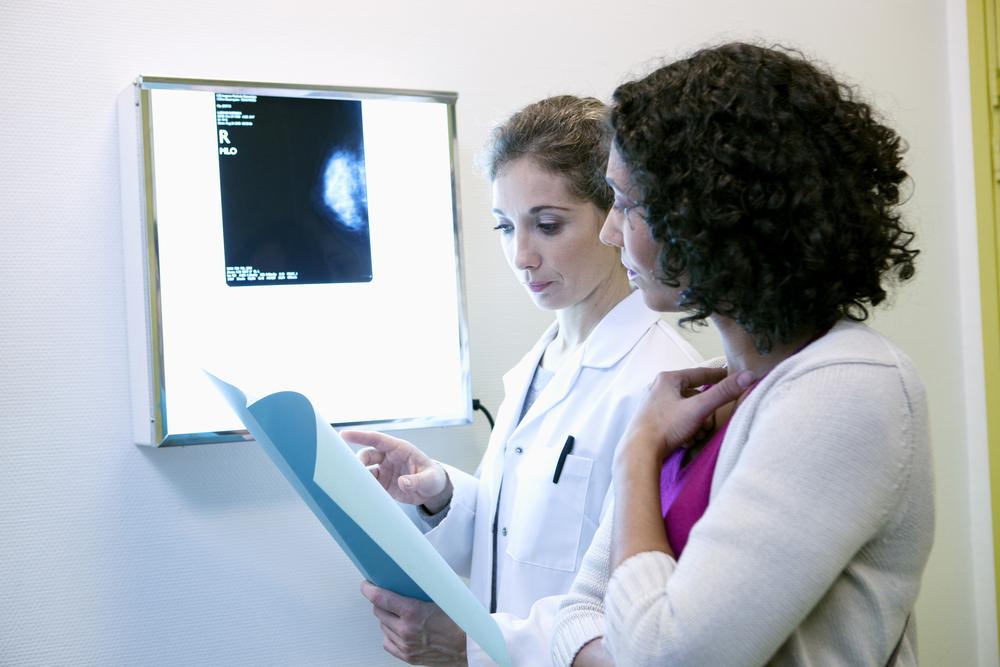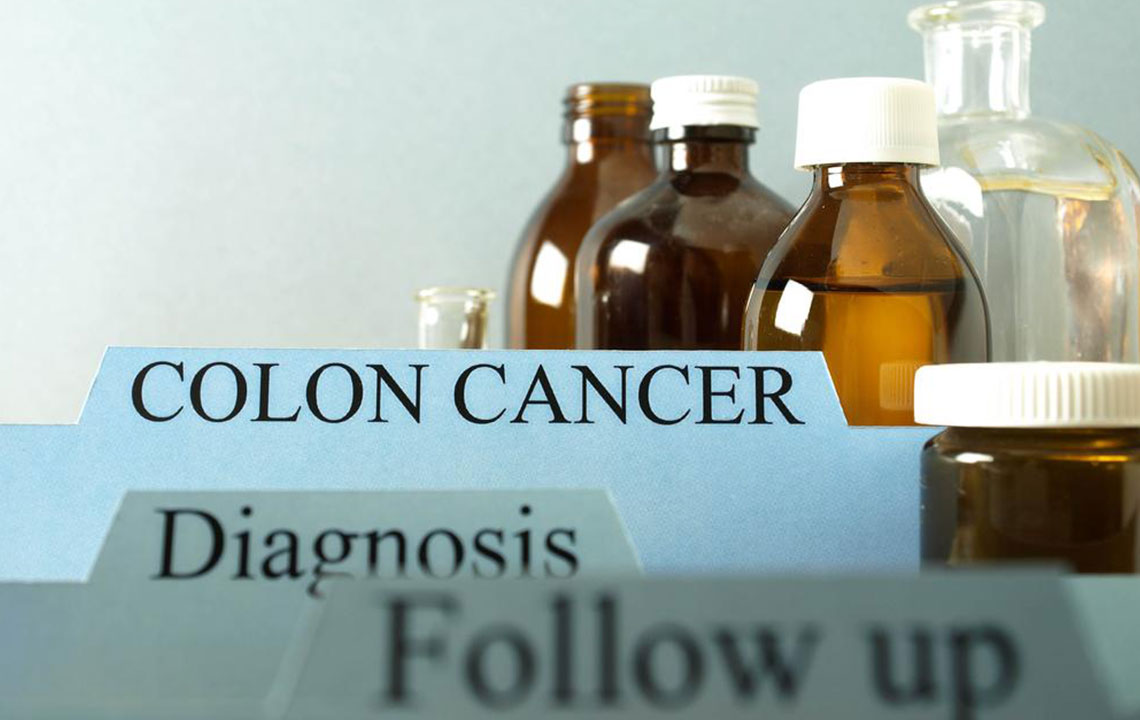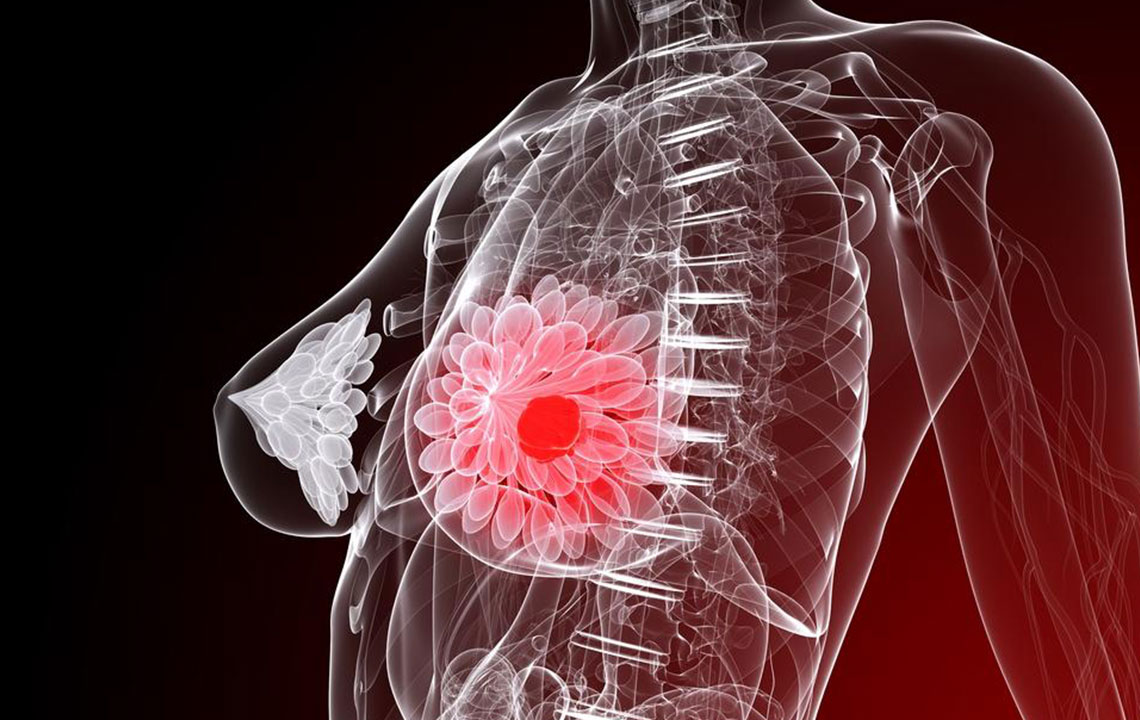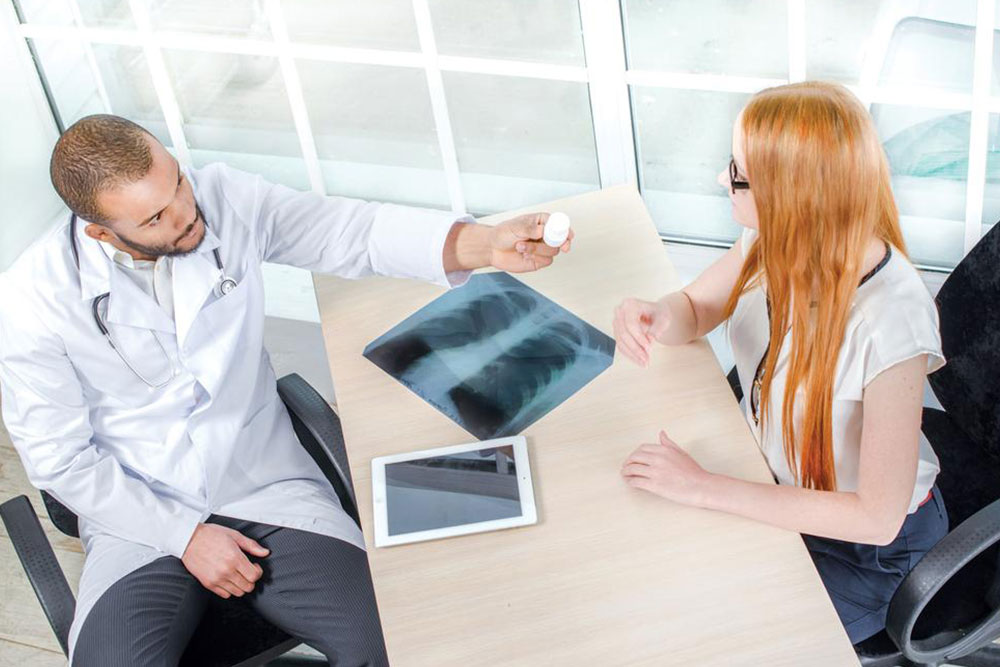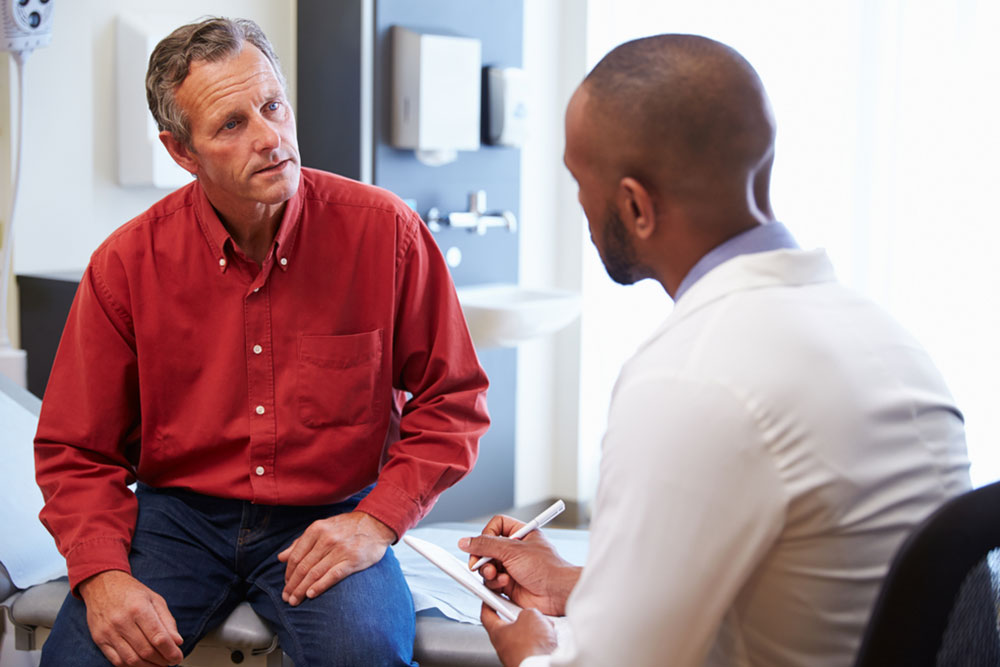Early Detection of Breast Cancer: Recognizing Key Symptoms
Discover the vital signs of breast cancer for early diagnosis and improve treatment success rates. Learn about common symptoms and recommended screening schedules to stay proactive about your breast health.
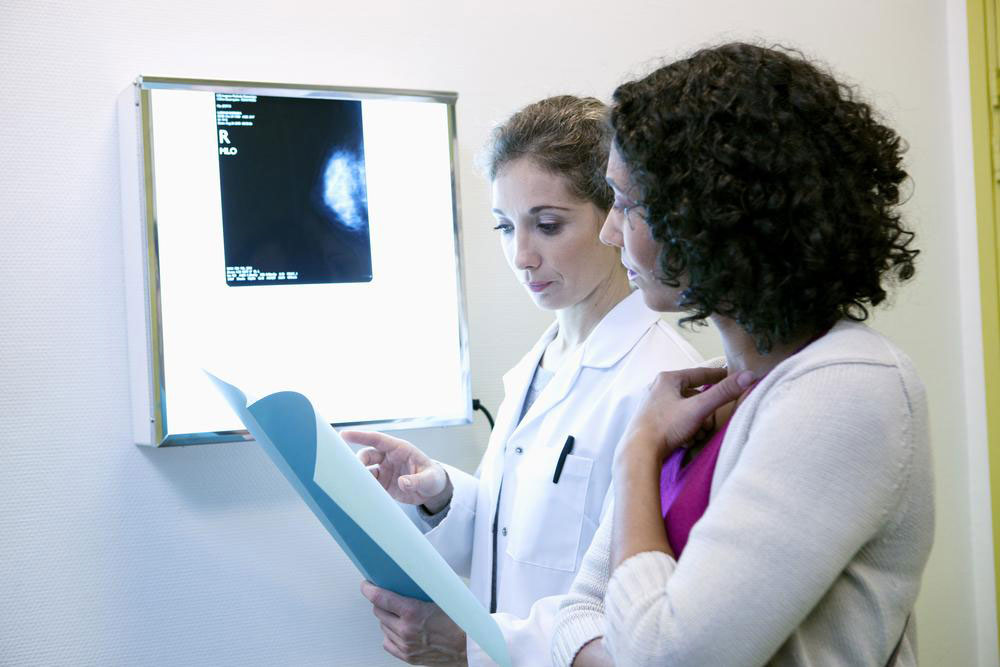
Early Detection of Breast Cancer: Recognizing Key Symptoms
Breast cancer is the most prevalent cancer among women throughout their lives. Detecting it early significantly increases the chances of successful treatment. Awareness of common symptoms can aid women, especially those over 40, in identifying potential issues promptly. However, some women may have no noticeable signs, making regular screening tests essential for accurate diagnosis.
Primary indicators of breast cancer include:
A lump or mass in the breast is the most common sign.
A typical cancerous lump is often painless, hard, and irregular. However, some lumps may be soft, round, or painful. Consulting a healthcare professional is crucial if such growths are noticed.
Additional symptoms include:
Swelling in the breast without a clear lump
Skin dimpling or irritation, resembling an orange peel’s texture
Pain in the breast or nipple area
Nipple retraction
Skin thickening, redness, or scaling on the breast
Unusual nipple discharge unrelated to breastfeeding
Sometimes, cancer can spread to lymph nodes under the arms, forming lumps that require prompt medical evaluation. Detecting these signs early facilitates timely treatment and better outcomes.
Screening tests are vital for early identification, especially in asymptomatic women. Routine physical exams and mammograms can detect abnormalities before symptoms appear. Women over 40 should undergo annual mammograms, while women in their 30s are advised to have screenings every two years.
Note:
This blog offers diverse information to help readers understand health topics better. While research-backed, it is not a definitive medical guide. Consult healthcare professionals for personalized advice. We do not guarantee the accuracy of third-party data or updates on available schemes and offers.

